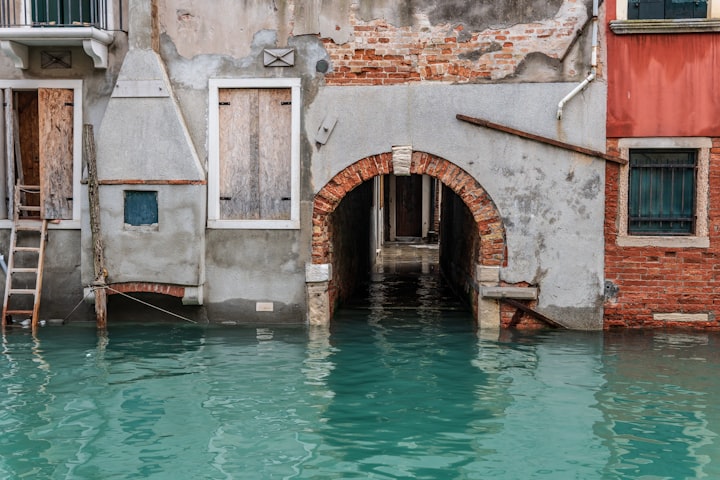Farewell to Home
Follow a family forced to leave their coastal home due to rising sea levels and more frequent extreme weather events. Highlight the emotional toll of climate-induced displacement.

The small coastal village of Harbor Haven had been a haven for generations. The azure waters of the ocean kissed the shores, and the salty breeze was a constant companion. The Garcia family, consisting of Manuel, Maria, and their two children, Sofia and Diego, had lived in Harbor Haven for as long as they could remember. But now, the place they had called home for so long was slipping away beneath the relentless waves.
The signs of change had been gradual at first. Higher tides, encroaching seawater into the streets, and more frequent and violent storms. Manuel, a fisherman by trade, had seen the first hints of trouble in the shrinking catch sizes. But no one had expected the full extent of the calamity that was to come.
One fateful night, a storm of unprecedented fury descended upon Harbor Haven. The winds howled like vengeful spirits, and the ocean roared in anger. By morning, the village lay in ruins, battered and flooded. The Garcia family, like many others, had lost their home and livelihoods.
The emotional toll was immediate and overwhelming. As they stood amidst the wreckage of their once-beloved home, tears mingled with raindrops on their cheeks. Manuel clenched his fists in frustration, not just at the storm but at the knowledge that climate change had amplified its fury.
The village was no longer safe. The sea, once their provider, had become their adversary. With heavy hearts, the Garcia family knew they had to make an agonizing decision—to leave Harbor Haven, their ancestral home, and seek a new life elsewhere.
As they packed their few remaining belongings into a weathered suitcase, Sofia, only thirteen, couldn't hide her anger. "Why is this happening, Papa?" she cried, her voice trembling with emotion. "Why do we have to leave?"
Manuel knelt beside her, his eyes filled with sadness. "It's because of the changing climate, mija," he whispered. "The sea is rising, and the storms are getting worse. We have to go where it's safe."
Their journey was marked by uncertainty and hardship. They found temporary shelter in a crowded, unfamiliar city, where Maria worked long hours as a domestic helper, and Manuel took odd jobs to make ends meet. The sense of displacement weighed heavy on their hearts.
Diego, the youngest at eight, missed the salty air and the adventures of exploring the coastline. He would often ask his parents when they could return to Harbor Haven. His innocent longing was a constant reminder of what they had lost.
Months turned into years, and the Garcia family began to rebuild their lives in their new home. They planted a small garden on their apartment balcony, where they grew herbs and flowers. Maria started a small catering business, and Manuel found work as a mechanic. Despite their resilience, they couldn't shake the ache of nostalgia for Harbor Haven.
One evening, as they watched a beautiful sunset from their apartment window, Manuel spoke softly, "We may have left our home, but we still have each other. And as long as we're together, we can find happiness wherever we are."
The family shared a moment of silence, understanding the depth of his words. The emotional scars of climate-induced displacement would never fully heal, but their bond had grown stronger through adversity.
The Garcias had bid farewell to Harbor Haven, but they had not bid farewell to hope. They had become a testament to the resilience of those forced to leave their homes due to climate change—a reminder that even in the face of loss, new beginnings and a brighter future were possible.
About the Creator
Julian Evans
1.knowledge and learning 2.Empathy and understanding
3.personal enjoyment






Comments
There are no comments for this story
Be the first to respond and start the conversation.